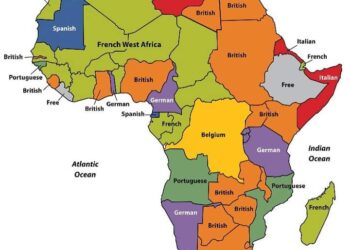The Buhari Media Organisation (BMO) has said that the $364m the country is getting from the World Bank for malaria drug production is an unprecedented health initiative and a boost for local industry.
The group also described it as further proof of global trust in the ability of the President Muhammad Buhari-led administration to judiciously utilise funds at its disposal.
In a statement signed by its chairman, Niyi Akinsiju and secretary, Cassidy Madueke, Wednesday in Abuja, BMO said that the move would enhance local capacity in drug manufacturing.
“It is a thing of joy that the National Malaria Elimination Programme (NMEP) has succeeded in securing a commitment of $364m from the World Bank, Islamic Development Bank (IDB) and the African Development Bank (AfDB) to, among others, support local manufacturers to produce malaria drugs.
“This speaks to the commitment of the Buhari administration to boost local businesses as well as improve employment opportunities in the country.
“A breakdown of the pledge shows that while the World Bank is promising to give Nigeria about $200m, IDB is pledging $100m and AfDB $64m. This shows trust at a time many countries are finding it hard to attract funding for a number of reasons.
“There is no doubt that this gesture will expand local production capacity as well as engender a sense of national pride in Nigeria-made goods, which is in line with the Nigeria-centric disposition of the Buhari administration.”
The group also said the government’s move is another step towards taking100 million people out of poverty in 10 years.
“When President Buhari made the promise, some people were wondering how he was going to do it.
“But what they did not know is that the government was coming up with policies designed to empower the local industry across several sectors of the economy.
“This particular one will pave the way for many local manufacturers of malaria drugs to surmount the challenge of having the World Health Organization (WHO) certification which only 46 manufacturers have in the country.
“This will enable them to employ more youths directly in the manufacturing industry and indirectly in the value chain as well as ensure that they export drugs to other countries, with improved capacity,” it said.
The group also reassured Nigerians of the administration’s commitment to boosting local industries and ensuring job creation opportunities as part of steps to put the economy on a firm path to sustainable growth.



